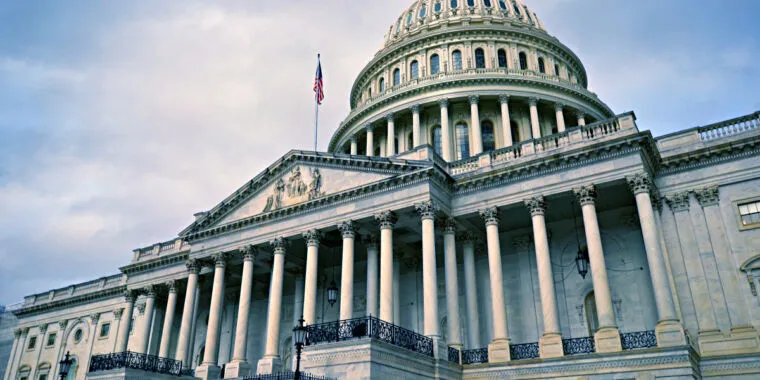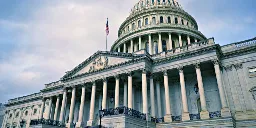AI-generated child sex imagery has every US attorney general calling for action
AI-generated child sex imagery has every US attorney general calling for action

arstechnica.com
AI-generated child sex imagery has every US attorney general calling for action

Pedos ruin everything...
